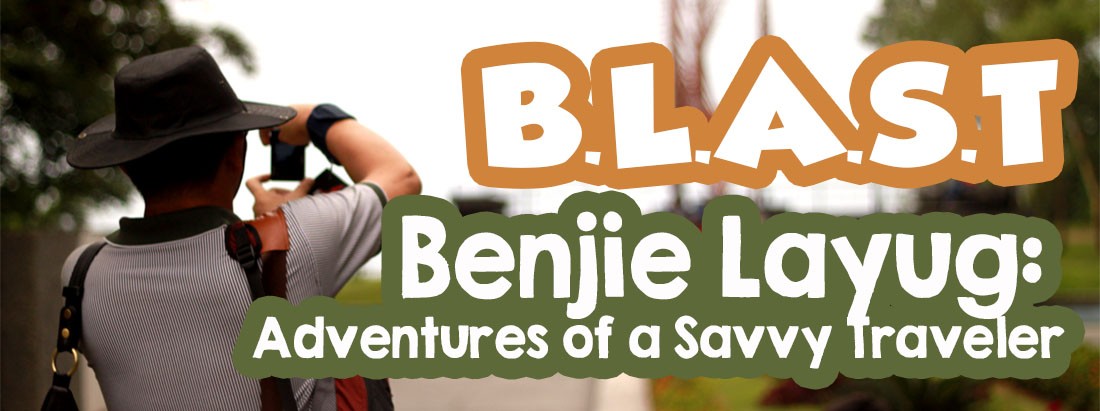During a lull in the proceedings of media coverage of Historia, Culinaria, Y Cultura, I took the time to check out two ancestral houses in Taal that have been given relevance through adaptive reuse – Villa Tortuga and Paradores del Castillo. Adaptive reuse is defined as the repurposing of old buildings or sites for a function other than its original purpose.
Check out “Historia, Culinaria, Y Cultura: A Celebration of Philippine Independence Day Through Food, Fashion & Culture”
Villa Tortuga, a 150 year old ancestral home, was meticulously restored by eminent fashion designer Angelito “Lito Perez, Perez, a fashion and interior designer and owner of Camp Suki (Quezon City), the country’s pioneer costume rental company which provided period costumes for special events in schools, companies and individuals, fashion and theater productions.
The name of the establishment was derived from the Spanish word “Tortuga” which translates to “turtle” in English. The house is located along the banks of the Pansipit River where turtles dwell.
The house, with Philippine mahogany floorboards, ventanillas and wooden capiz windows, is furnished with four-poster beds, Art Nouveau mirrors, antique blue-and-white jars, objects d’art, an old upright piano, hardwood dining table, religious icons, heavy, bright crimson brocade drapery, vintage Italian candelabras and assorted old sepia photos in old wooden frames.
From his heritage home, Lito organizes, by prior arrangement, the Villa Tortuga Colonial Experience which features Taal town day tours, small turn-of-the-century-inspired Taaleño meals, served in turn-of-the-century china, for a thematic 5-course lunch or dinner (Php1,500 per person) at the second floor dining area, and nightly accommodations with a colonial ambiance.
The ground floor antique curio shop and photo studio also houses a collection of rent-to-wear 18th century period costumes (trajez typicos or traditional clothing”) for fun cosplay pictorials at Php250 per costume.
Women can dress up as the quintessential Maria Clara while men can appear as an illustrado in an all-white suit and Panama hat or a monk in a brown-hooded or simmering red robe. Their sepia souvenir photo makes one feel you lived during those times. Entrance fee is Php50 (for house visit only).
On the other hand, Paradores del Castillo, while still adhering to the footprint and Spanish-American-Colonial style of the Filipino bahay-na-bato, was turned into a bed & breakfast facility. Originally built in the early 1900’s, this ancestral house underwent a restoration that in started in late 2014 and was completed on March 9, 2015.
Located just a few steps away from the Villavicencio Ancestral House (Casa V) and the San Lorenzo Ruiz Steps, their rooms, all airconditioned with cable TV and fridge, have either ensuite or shared baths. Cucina de Jardin, their restaurant, serves Italian, Taaleño, and Ilocano dishes. The bestsellers are the Taal specialties. They also have a swimming pool.
Villa Tortuga: Calle Marcella M. Agoncillo cor. V. Illustre St., Taal. Mobile numbers: (0927) 975-1683 (Lito Perez) and (0917) 824-6900.
Paradores del Castillo: 28 Dr. H. Del Castillo St., Poblacion Zone 14, Taal. Tel: (043) 740-4060. Mobile number: (0917) 526-1098 and (0917) 500-6041. Open daily, 7 AM – 10 PM. E-mail: paradoresdelcastillo@yahoo.com. Website: www.paradoresdetaal.com.











